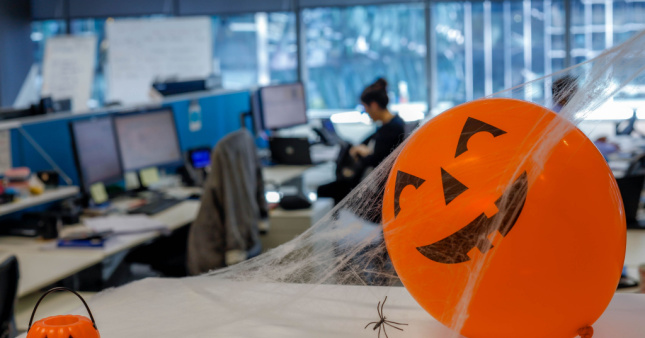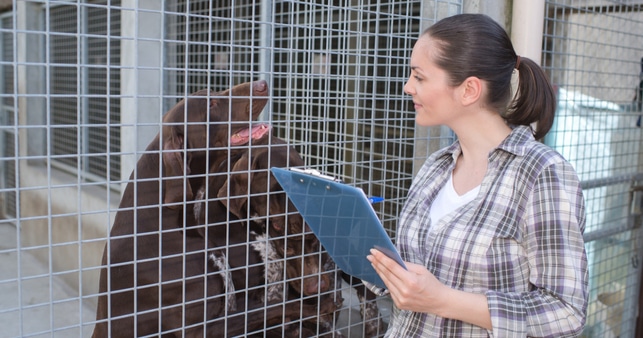
Halloween is around the corner, and this means it’s time to dress up, put on your scariest self and indulge in some Halloween candy. However, a scare you may want to avoid is the health and safety nightmare in the workplace. If you are organising Halloween activities or parties at your workplace, you will need to be prepared to avoid any unwanted scares.
Employsure’s Head of Health and Safety, Mr Felix Yeung commented, “Employers don’t necessarily need to relax their dress code policies for Halloween if they don’t want to, however it can prove to be a great way to boost staff morale, making the workplace a fun and enjoyable environment for all. If your employees are client-facing it might be an opportunity to show customers that your organization is a great place to work, and you don’t take yourselves too seriously.”
Holding a costume competition or party can be tricky if employees wear offensive costumes or post inappropriate content online. This can leave the company reputation at stake. Employers need to remind staff of their code of conduct and that they are representatives of the business and what they share online on their personal social media pages and profiles has potential to cause major consequences for the business and potentially result in loss of clientele and reputational damage.
Mr Yeung further commented, “Employers should consider sending a companywide memo detailing the dress code for the day as well as the expected behaviour which is a reflection on the code of conduct. Employers should be very clear about their expectations, and they need to let their employees know that they could face disciplinary action should any previously communicated guidelines are not adhered to.”
“Celebrating Halloween at work can be a positive team building opportunity. However, employers need to take the appropriate steps to protect their reputation and that of their employees by ensuring they have airtight policies and procedures in place. It is in the employer’s best interest to remind their employees of their obligations to their employer, their colleagues, and to themselves,” concluded Mr Yeung.



